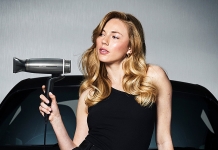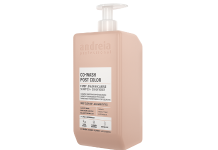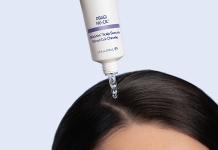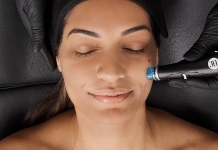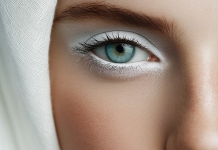Top tips for lustrous & glossy winter hair
Trichologist Sally-Ann Tarver offers her top tips on how to improve hair health during the cold winter months.
 During the winter our hair and scalp tends to be very dry and dehydrated due to central heating and dry air and drinking less water. Therefore, it is important to keep your hair hydrated.
During the winter our hair and scalp tends to be very dry and dehydrated due to central heating and dry air and drinking less water. Therefore, it is important to keep your hair hydrated.
Invest in a moisturising shampoo and conditioner for optimum hydration. A weekly deep conditioning treatment or intense moisture mask will also help to nourish and replenish. If your scalp feels slightly dry or itchy, give it a treat and apply some Coconut or Jojoba oil overnight.
Try to drink more water to keep your scalp and skin hydrated from within. If you find it hard to drink the recommended quantity (2 litres a day), try replacing some of your tea and coffee with Roobush or fruit teas.
Limit dry shampoo
Save dry shampoo for those days that you really cannot wash your hair and have no choice but to use it rather than making it part of your hair routine.
Whilst dry shampoos have come a long way in recent years, they can have a very drying effect on the scalp whilst absorbing oil from the hair. This is particularly so in the winter months when our scalps are already more dehydrated.
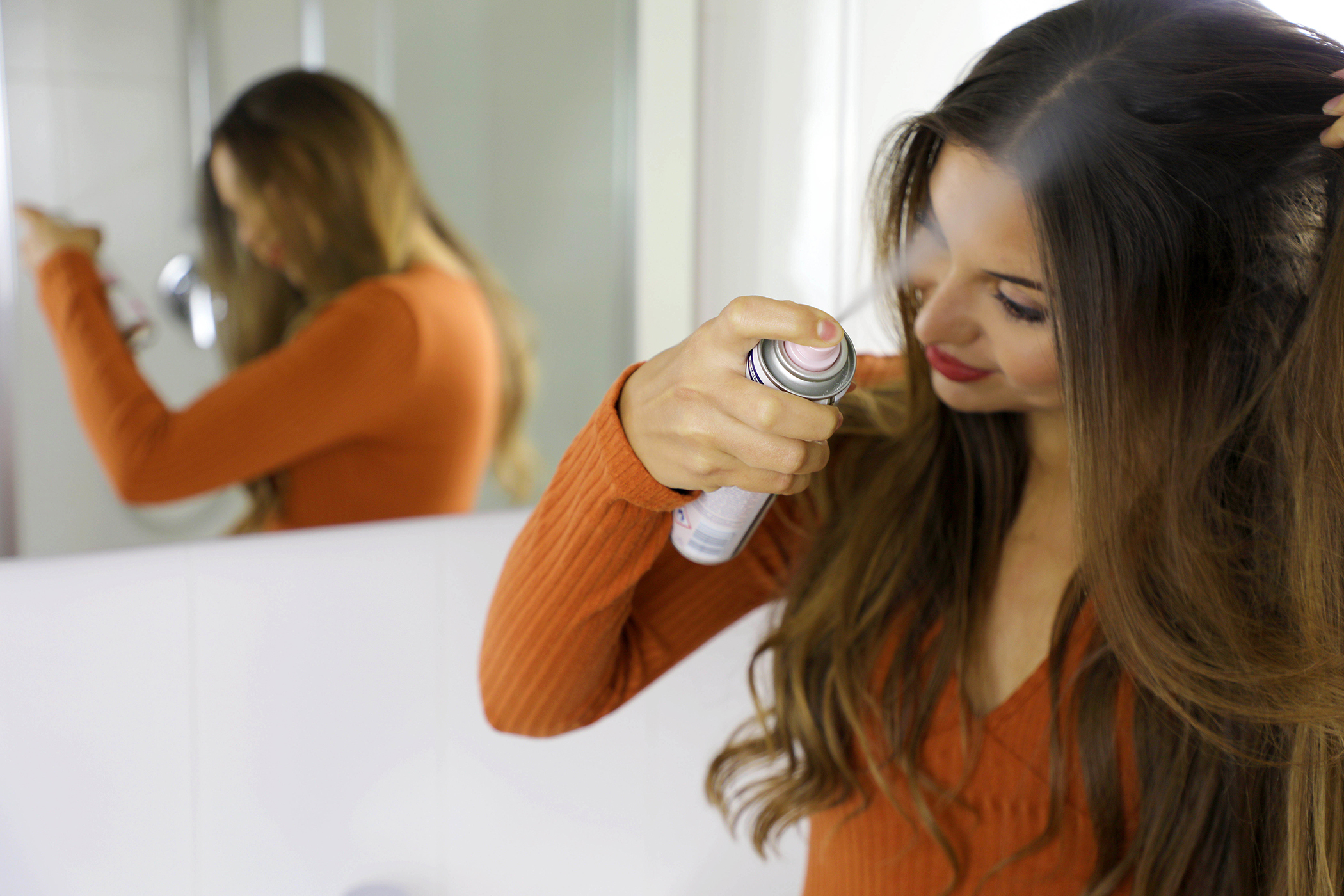
When it's cold outside, we are less inclined to allow our hair to dry naturally but try to minimise heat in the winter to reduce damage.
One method is to give your hair a two minute blast, moving the drier around frequently and paying more attention to the roots than the ends. Then go and do something else for five to ten minutes – apply your make-up, brush your teeth any other part of your routine. The water trapped in your hair will evaporate faster after being warmed up with the drier but not concentrating the heat in one area will significantly reduce heat damage. Finish blow-drying your hair when it is around 80% dry.
When you use your hairdryer, keep the heat setting to medium rather than hot particularly if you use it on high speed. Hairdryers get so extremely hot they can actually cause your hair to disintegrate. Love your hair? Try the latest Dyson Hairdryer, it is impossible to burn your hair with it as built-in sensors check the temperature 20 times a second, expensive but worth it.
Diet
It's no surprise that an unhealthy diet will lead to unhealthy hair, but if you want to improve your hair health this winter in the best dietary way, measure your protein intake. The amount of protein depends on your weight and activity, the easiest way to see how much you need is by calculating it using an App such as MyFitnessPal. Even if you don't use it long term, you will see how protein should really make up a large proportion of your diet. Meat, fish, eggs and dairy are the obvious sources but you can top up with nuts, seeds and pulses as snacks.
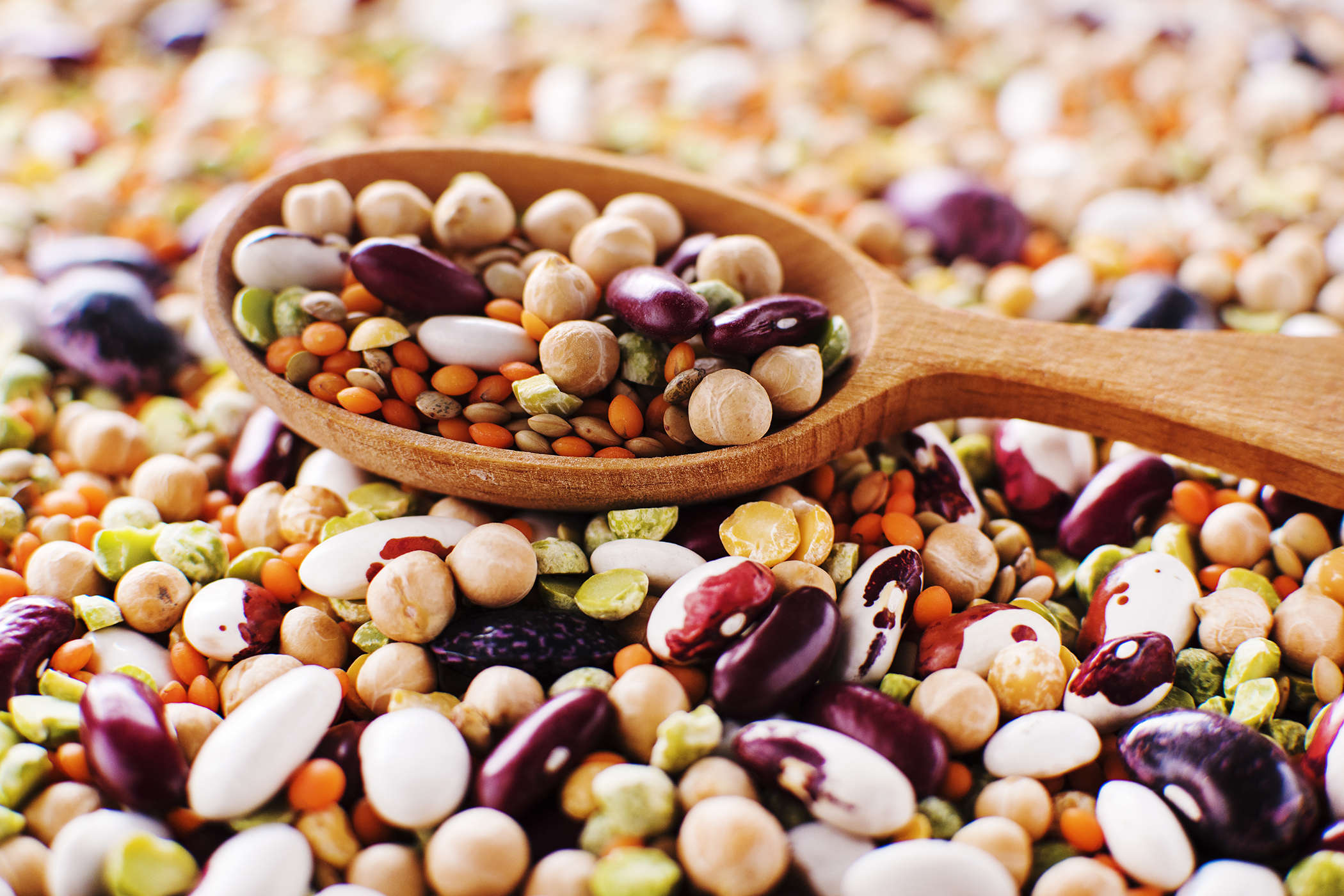
Supplements
Did you know, the rate of hair growth slows down by around a third in the winter? UV rays increase our natural vitamin D rays in the summer, which makes our hair grow faster. Take a Vitamin D supplement throughout the winter to counterbalance the effect of the lack of sunshine.
Are you suffering from thinning hair?
Laser phototherapy offers a lotion-free, pill-free method of improving hair structure and growth, with no side effects, scalp irritation or damage to hair structure.
Laser Phototherapy, such as that offered by the FDA cleared Theradome® LH80 Laser Helmet, stimulates blood circulation, nutrients and oxygen to the hair follicles and helps to produce stronger, healthier, faster growing hair.
Sally-Ann Tarver MIT.FTTS is Consultant Trichologist at The Cotswold Trichology Centre and Theradome GB.
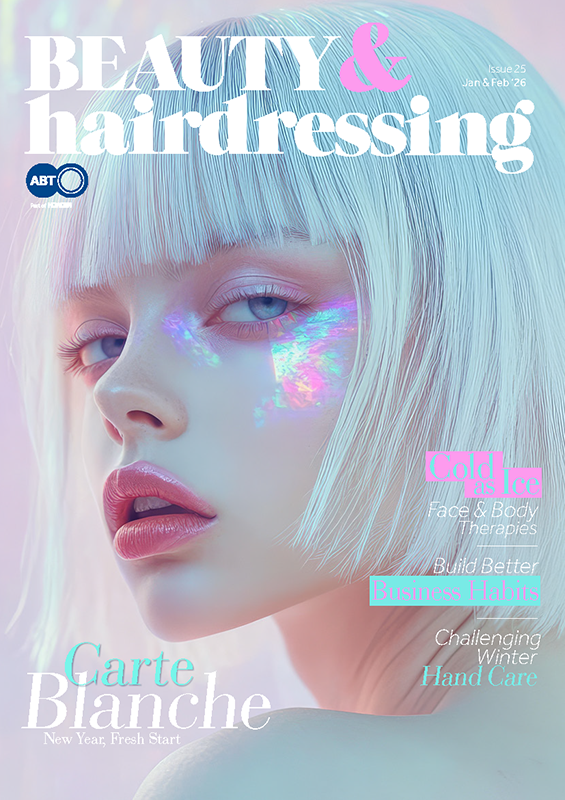
-13546.png)
